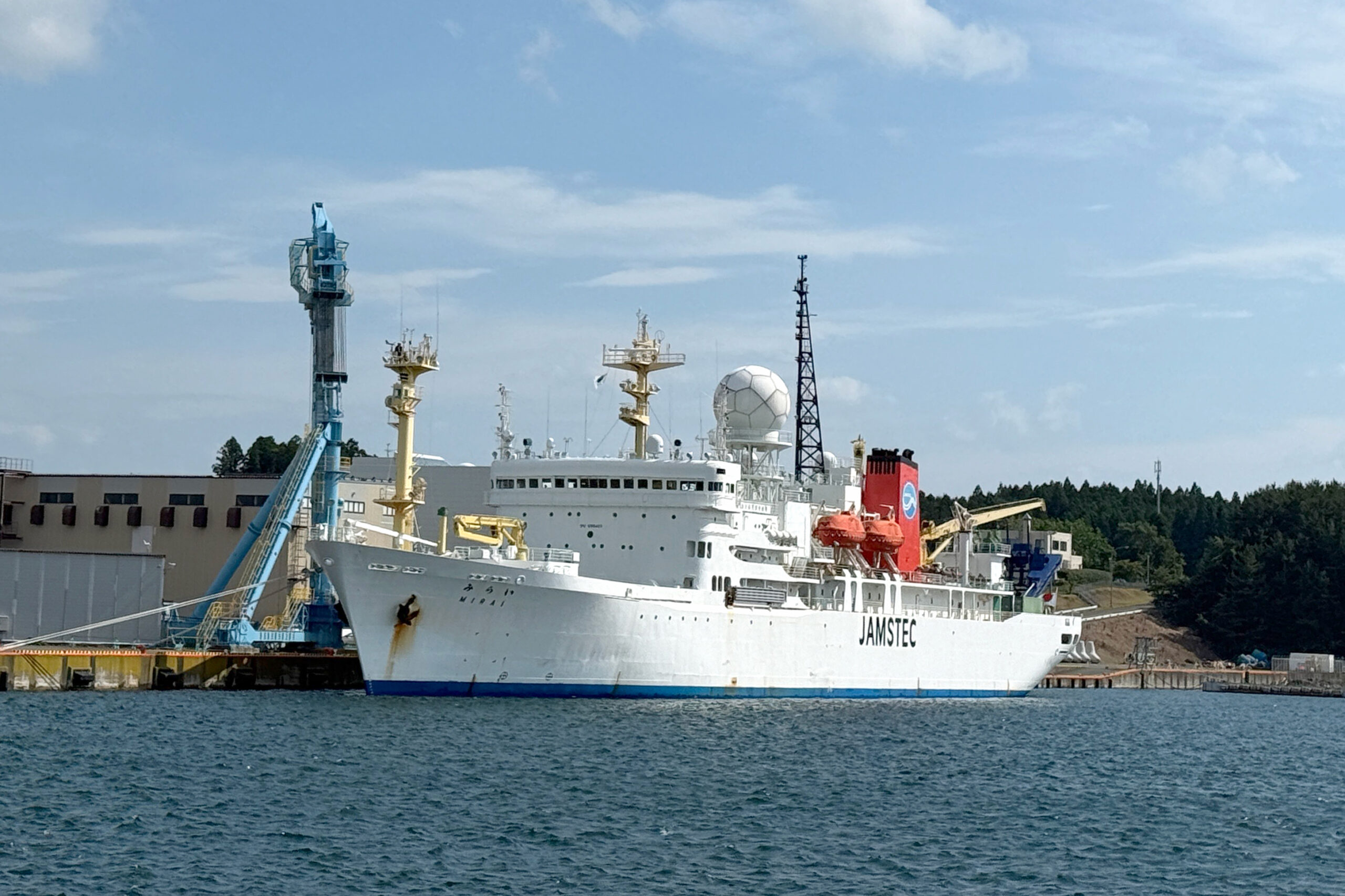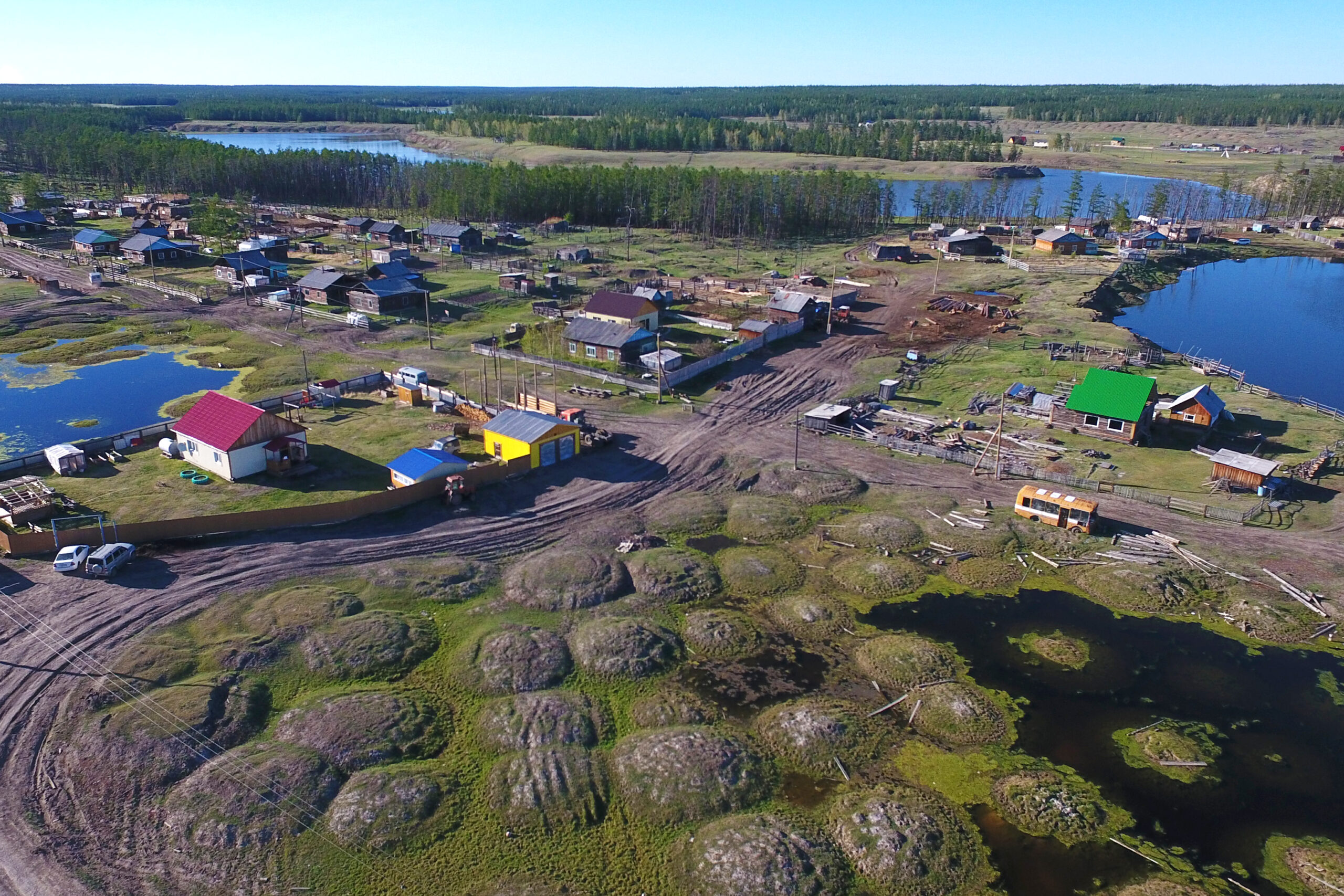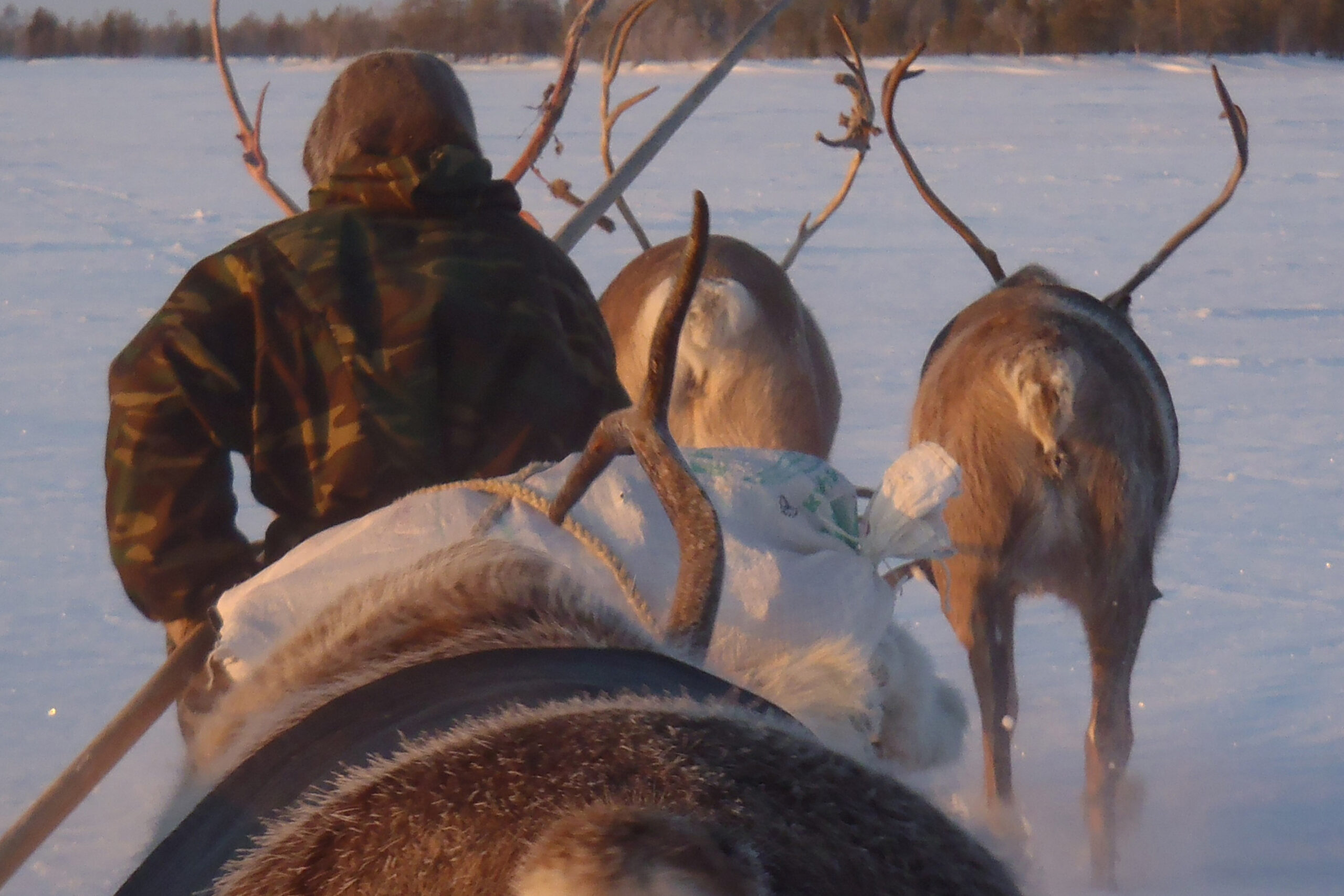About Us

From Project Director

Hiroyasu Hasumi
(National Institute of Polar Research)
The Arctic is the region of the world where the effects of global warming are most visible. These changes, caused by human activity, are happening faster and more dramatically here than anywhere else on Earth. The consequences are not limited to the daily lives of those living in the Arctic; they also affect countries far away, including Japan, in the form of extreme weather events and disasters. Such changes impact many aspects of society, from farming and fisheries to infrastructure, health and medicine. They shake communities and nations in the Arctic while creating challenges for the whole world. Finding ways to adapt to these changes, as well as reducing and preventing the causes of global warming, is a shared concern for all of humanity.
At the same time, the Arctic is also undergoing changes that are not directly related to nature. Russia’s invasion of Ukraine, for example, has created new uncertainties for Arctic societies. It is also important to understand how such political and social changes will affect the Arctic and the wider world. To address these issues, we need to examine politics, economics and human behavior through the lens of the social sciences and humanities, bearing in mind their close interaction with changes in the natural environment.
Through ArCS III, we aim to generate new knowledge to help solve these challenges. We are bringing together research from a variety of fields, including the natural sciences, engineering, the social sciences and the humanities, to improve our understanding of the changes occurring in the Arctic and develop solutions that will benefit both the region and the world.
Strategic Objectives
To achieve the project goal, ArCS III has set three strategic objectives. Strategic Objective 1 is responsible for generating outcomes based on a natural scientific understanding of changes in the Arctic natural environment and their environmental impacts. Strategic Objective 3 is responsible for generating outcomes based on an understanding of changes in the cultures and socio-economic systems unique to the Arctic. Strategic Objective 2 involves forming interdisciplinary research teams to address issues where both of these approaches (i.e. Strategic Objective 1 and 2) are equally effective, thereby generating information useful for solving such challenges.



Research Themes
ArCS III has established ten research themes that address multifaceted challenges related to the Arctic environment and society from natural science, humanities, and social science perspectives. Each theme contributes to multiple strategic objectives.
Research Platforms
The ArCS III project develops and maintains seven essential research platforms to promote Arctic research. These include observation facilities, research vessels, high-performance simulation systems, satellite data platforms, and programs for human resource development and outreach activities, including the project website.
International Collaborations
Through international networks and collaborative research frameworks in Arctic research, we will collaborate with overseas research institutions and experts to share knowledge and promote collaboration.
Project Structure
The project will be managed through a Management Board, an External Expert Committee, an International Advisory Board, and a Secretariat.
Resources
Project introduction brochures and related materials, including past achievements and reports, are available here. Please utilize these materials for research, educational, and public relations purposes.







